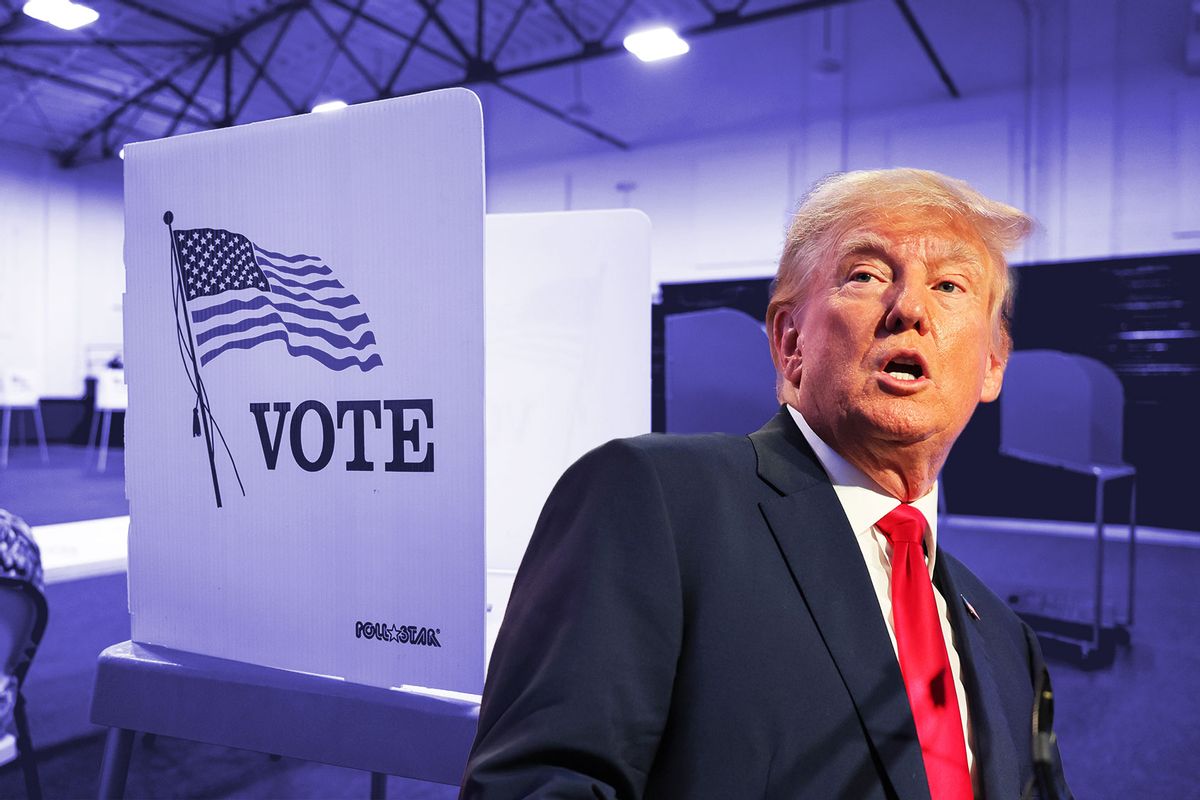New Hampshire lawmakers are set to make it harder for eligible voters in the state to register to vote, now requiring proof of citizenship documents — either passport, birth certificate, or naturalization papers — to register.
Republicans in the state’s legislature passed a bill through both chambers to axe the state’s previous citizenship scheme, which permitted an affidavit in cases when citizen voters couldn’t obtain documents. In many other states, a Social Security number or affidavit is commonly used in place of document requirements.
Republican sponsors of the bill echo former President Donald Trump and other conspiracy theorists’ baseless claims that undocumented or noncitizen voting was widespread in the 2016 and 2020 elections. This widely debunked misinformation has propelled numerous states to tighten their voter laws, most directly impacting eligible voters from already disenfranchised backgrounds.
New Hampshire, which already limits voters to exclusively in-person registration, would become one of the most restrictive states in the U.S., the only one to require physical citizenship documentation to register voters.
Per local paper Seacoast Online, New Hampshire Governor Chris Sununu, a Republican, has not publicly stated a position on the bill, which heads to his desk. Sununu recently made news for flipping his stance on Trump, announcing his support for Trump’s 2024 campaign after supporting Nikki Haley and blasting Trump’s argument that he is immune to criminal prosecution.
The bill will disenfranchise citizen voters, the Nashua, New Hampshire City Clerk Dan Healey told Bolts Magazine.
“We’re very concerned with denying eligible voters the right to vote on election day because there’s really no cure in place for them to then be able to vote,” he said. “As far as I can see, it’s unnecessary . . . they’re trying to cure something that’s really not a problem.”
There are several reasons that voters may not have immediate access to proof of citizenship documents, with a recent study from the Brennan Center for Justice finding that around 9% of Americans, and 11% of people of color, don’t have these documents readily available. Nearly 4 million Americans say their proof of citizenship documents are lost or destroyed.
Among other groups who struggle to provide such documents are out-of-state students, recent arrivals and elderly Americans.



Shares